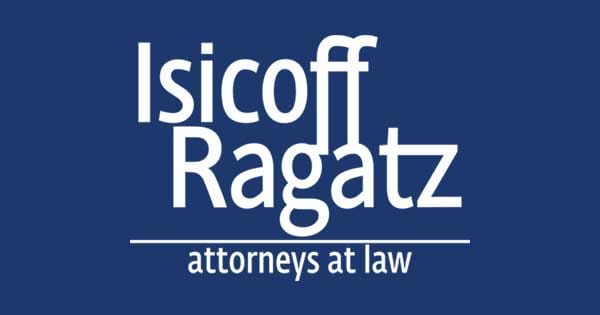If you’re starting a new business or looking to purchase an existing business, then you’re probably looking for ways to increase brand awareness and build value in your brand name. There are a number of ways that you can go about doing this, including engaging in effective marketing strategies. While you should certainly build a marketing campaign that puts your business at the forefront of your market, you can’t overlook the importance of your intellectual property.
Even your brand name and logo can be extremely valuable. After all, consumers may equate your brand name or logo with not only a particular good or service, but also a certain level of quality. You want to protect that, especially in today’s age where counterfeit products are sold all the time. If you don’t protect your brand, then it can be watered down, lose its value, and end up being associated with inferior goods or services.
Distinctiveness under trademark law
The best way to protect your brand is to protect your trademarks. These source-identifying marks don’t receive full protection automatically, though. The best way to ensure full protection is to register them with the USPTO (United States Patent and Trademark Office). Before protection will be granted, your mark will be scrutinized for its distinctiveness, and this distinctiveness can be key in any legal action that you end up taking further down the road. Let’s take a quick look at the spectrum of distinctiveness.
- Fanciful: These are marks that have been invented for the product in question. They are provided the widest protection because any misuse is obviously infringement. Pepsi and Nike are marks that are fanciful in nature.
- Arbitrary: Arbitrary marks are those marks that are used in everyday language but don’t describe the product in question. Apple computers is a great example of an arbitrary mark.
- Suggestive: These marks require the use of some imagination to see of the mark is tied to the goods or services in question. It’s important to keep in mind that the mark can’t simply describe the product in question. Descriptive marks cannot receive protection.
What does this mean for you?
The distinctiveness spectrum means that you should carefully analyze your mark to consider what kind of protection you may receive from it. If you feel like your mark is a little too descriptive or you want to increase your protection, then you may want to consider using a mark that is a little more arbitrary or fanciful. That being said, there are ways to show that a mark that is merely suggestive in nature has acquired a secondary meaning in the marketplace, which would increase its level of protection.
Be sure to police your mark
It’s important to note that a trademark is only as strong as your policing of it. If infringement occurs, then you need to take action to put it to a stop and recoup any damages that your brand has suffered. Therefore, it might be helpful for you to keep tabs on various online marketplaces and look closely at negative consumer reviews. If you think that you’ve spotted trademark infringement, then you should consider taking the appropriate legal action to protect your interests.
Legal help is available for your intellectual property needs
Intellectual property can be enormously valuable, but only for those who take the steps needed to capitalize on it. We know that navigating the intellectual property world can be challenging, though, which is why we work hard to ensure that our clients understand their options and help them successfully navigate whatever issues they may be facing. If you think that you could benefit from that kind of representation, then please consider researching our firm further to see what we have to offer.

